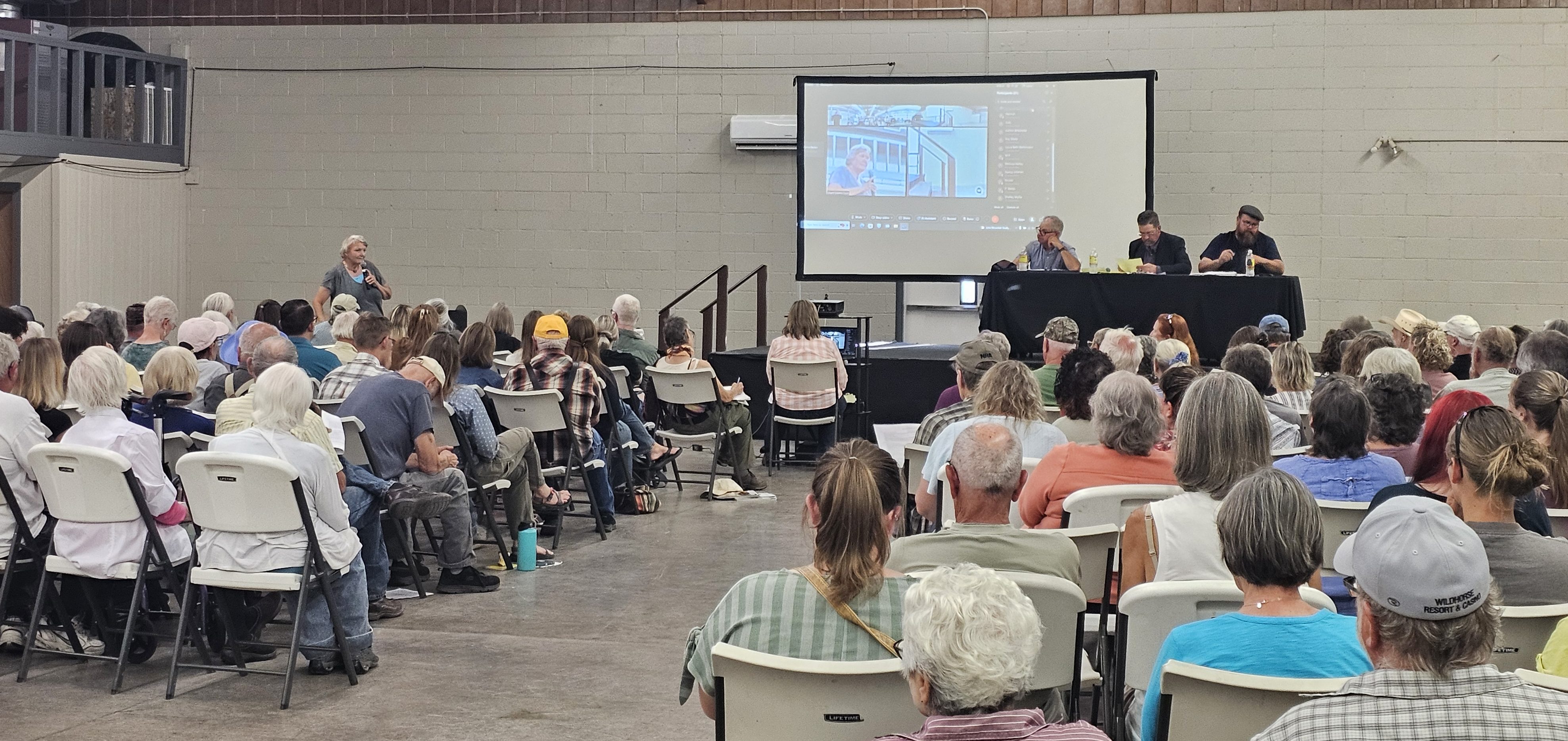Editorial: Parents play key role in student performance
Published 5:00 pm Tuesday, September 1, 2009
September is here – a time when kids return to school and parents breathe a sigh of relief.
Trending
In too many cases, those parents probably give more thought to what the kids will wear on the first day than they have on where the kid should focus academically during the coming year.
We live in a society where even the responsibility for shaping our children’s future has been delegated to others in lieu of the kind of parental responsibility that marked earlier generations.
That’s a harsh assessment and not necessarily one politicians and critics of the public schools are quick to embrace when it comes to laying blame for the performance of America’s children.
Trending
Certainly there are a number of parents who are deeply immersed in raising their children and most likely there are stories of classroom success and deportment to match. Among the factors related to student success, those involving parents are the most profound.
Says Oregon’s Chalkboard Project, “the research is clear: when families are engaged in their children’s education, those children do better in school.” Access to public education is the platform upon which America’s greatness was built. Somehow, we’ve forgotten that along the way, and we’ve not only allowed the rest of the world to recognize education is the great equalizer, but we’ve softened our own rigor, expectations, support and commitment at a time when even struggling nations are demanding more of their children.
Our education system has become more sophisticated and our teachers are better trained to elicit higher levels of performance from students. But it is critical that more parents become active partners in the process.
A recent Phi Delta Kappa/Gallup Poll revealed only 17 percent of those polled say the quality of schooling is the problem with regard to sagging student performance. The rest point to other factors. The poll suggests in terms of higher student achievement, 20 percent of the equation is the students themselves, 33 percent is the teachers, and a whopping 43 percent is the contribution from parents.
That’s not surprising when you realize children spend about 11 percent of their lives in school and the remaining 89 percent somewhere else. In the Minot, N.D., Catholic schools, a study revealed when parents regularly check on student progress and behavior, grades improve and missed work drops by 40 percent.
The role that parents play doesn’t always have to be huge. Sometimes it can play out in ordinary contributions:
? Asking children what they learned that day
? Asking if the children have homework and assuring it is done before the television comes on
? Enforcing curfews and making sure children get sufficient rest
? Making sure children attend school regularly
? Making sure children are fed before they leave home
? Praising children when they do well in school
? Reminding them that dropping out is, statistically, a path to economic hardship
? Supporting the importance of getting along with others and good behavior, and supporting the school in expectations for appropriate conduct
At the early stages, the best 20 minutes parents can spend each day is reading to their children.
Well before he became president, Barack Obama missed few opportunities to talk to parents about their responsibilities. “Parents, if you don’t parent, we can’t improve our schools,” he has said. “You’ve got to parent. You’ve got to turn off the television set in your house once in a while, you’ve got to put the video games away once in a while.”
In the overall scheme of things, education is the key to quality of life.
And parents are the most important element in providing their children with that key.









